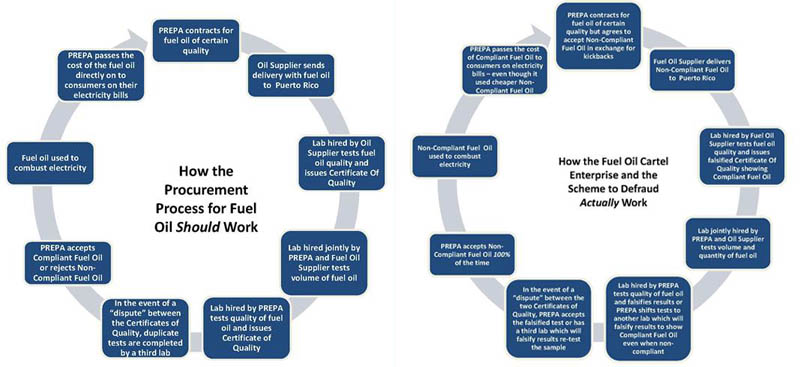Op-Ed: IEEFA — Retail choice will not bring down P.R.’s high electricity rates

A research brief released by the Institute for Energy Economics and Financial Analysis (IEEFA) lays out a cautionary tale to policy-makers in Puerto Rico, as they consider adopting a program known as retail choice in the island’s electricity market.
Retail choice is a policy that allows individual customers to select who will supply their electricity. Supporters of the idea, including PREPA’s new executive director José Ortiz, point to Puerto Rico’s high costs of electricity, averaging 20.2 cents per kilowatt hour in 2017 (compared to an average price of 12.90 cents per kilowatt hour for the United States) as the main driver for this policy push.
But, according to IEEFA, experience with retail choice in the mainland United States, where one-third of the country has adopted the model since the 1990’s, have resulted in higher, not lower prices, costing residential customers hundreds of millions of dollars in excess charges in several states.
Major findings of the research brief include:
- Investigations in Connecticut, Illinois, and Massachusetts showed that residential customers who purchased their electricity from an energy supply company versus the default electric service provider paid well over market price for their electricity.
- A report commissioned by the Massachusetts Attorney General’s Office in response to consumer complaints found that between July 2015 and June 2017, customers participating in the competitive supply market paid $176.8 million more than they would have paid if they had purchased from their default provider. And in New York State, a Public Utility Law Project of New York (PULP) analysis found that energy service companies overcharged residential ratepayers $1.8 billion 2000 and 2016.
- In Illinois, Massachusetts, New Jersey, and Pennsylvania, enforcement agencies have fined retail choice service providers for deceptive sales practices, often targeted at low-income residents. This included misleading customers about contract terms; using exorbitant cancellation fees to trap customers in contracts and even switching customers’ service provider without their knowledge.
“Retail choice does nothing to address the fundamental challenges that have caused Puerto Rico’s electricity prices to rise to unsustainable levels, including PREPA’s high level of debt; disinvestment in transmission, generation and distribution infrastructure; and extreme reliance on oil-fired generation,” the report concluded.
“These problems have only been exacerbated by the utility’s high level of unpaid customer bills, management corruption, and need to rebuild its system following Hurricane Maria. Retail choice would offer no escape from these realities: indeed, it would likely raise the very high rates that already burden PREPA’s residential customers,” the report further notes.
Author Chelsea Hotaling is an Analyst at Sommer Energy, LLC, a utility-regulation consulting firm. Author Anna Sommer is an IEEFA energy consultant and President of Sommer Energy, LLC. Author Williams D. Yates is Director of Research at the Public Utility Law Project of New York Inc.










